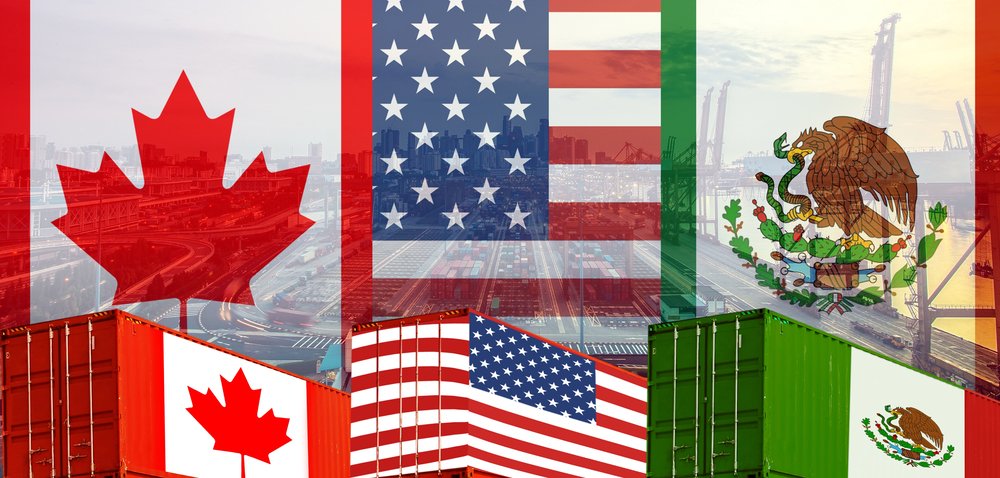
The future of the relatively new trade agreement in North America is in question as trade concerns and the shadow of China relations loom large, an industry government relations expert warned.
Ann Wilson, senior vice president of government affairs for MEMA, shed light on the impending renegotiation of the United States-Mexico-Canada Agreement and its potential implications for the automotive aftermarket. During the Advocacy Town Hall during the MEMA Aftermarket Suppliers Vision Conference in Detroit this year, she highlighted the intertwined issues of USMCA renegotiation and the growing presence of Chinese suppliers in Mexico, emphasizing the complex dynamics at play.
The North American Free Trade Agreement (NAFTA) was renegotiated and transformed into the USMCA, which came into effect on July 1, 2020. The USMCA was designed to include updated provisions to address modern trade issues, ranging from digital trade to intellectual property to labour standards.
The deal is up for renegotiation in 2026.
However, Wilson noted the critical intersection of this renegotiation with the increasing number of Chinese suppliers in Mexico. “You see how these two issues are going to be interwoven. And how this government — the Biden administration, the Trump administration, Congress — is going to find lots of different ways not just to tariff products from China, but potentially prohibit the importation of those products overall,” she said.
While the content dispute resolution that the U.S. lost to Canada and Mexico early last year was primarily an OE issue, it has broader implications for the automotive sector, Wilson explained.
“Canada, the United States and Mexico had to have a dispute resolution [last] year, where they talked about the amount of content that would be considered USMCA content so you don’t have to pay tariffs on it. And this was for motor vehicles. The United States lost that battle because they wanted more U.S. content,” she explained in a simplified version of the conflict.
There is growing sentiment in the U.S. political landscape that trade might not be beneficial for the country, Wilson noted.
“And what we’re trying to say is, we’re pro-North America,” Wilson emphasized.
She argued that the North American auto industry is vital for competing globally against regions like Europe and Asia, including China.
A contentious renegotiation process for USMCA in 2026 can be anticipated, according to Wilson, and it may involve complex political agendas from all three countries.
“It’s going to be a fight. It’s going to be a fight within the United States. The ambassador from Canada, they have their own political agenda here, too,” she said.
Wilson noted that the renegotiation could potentially open up significant changes, especially for Canada. “So I think all three countries are preparing for a massive new look at USMCA in 2026.”













Leave a Reply